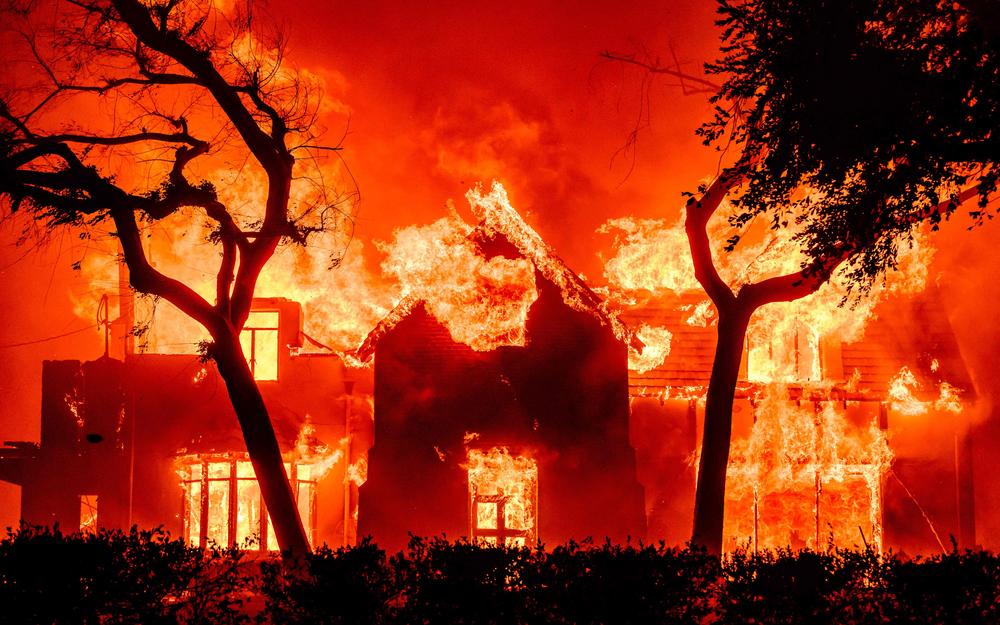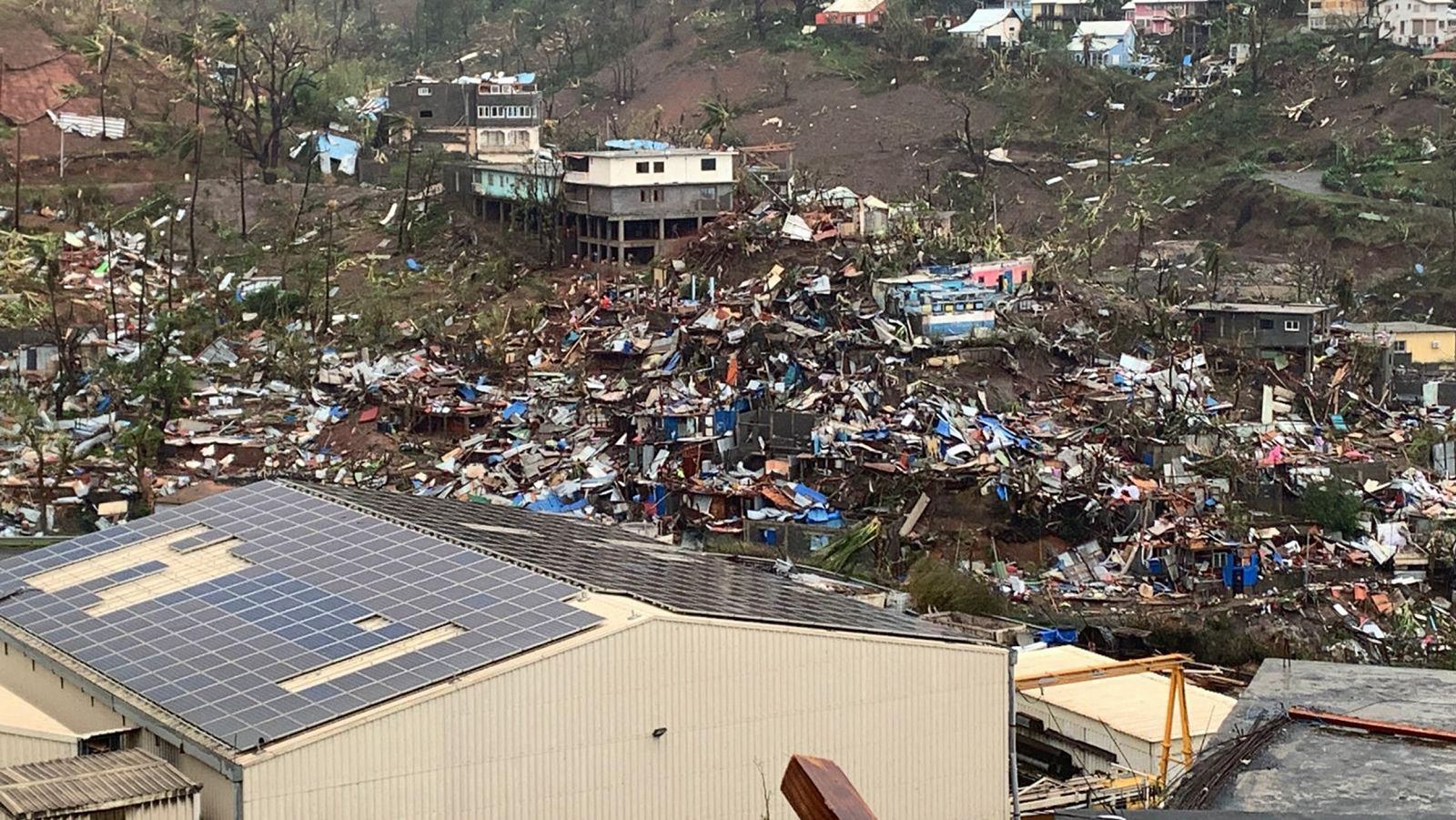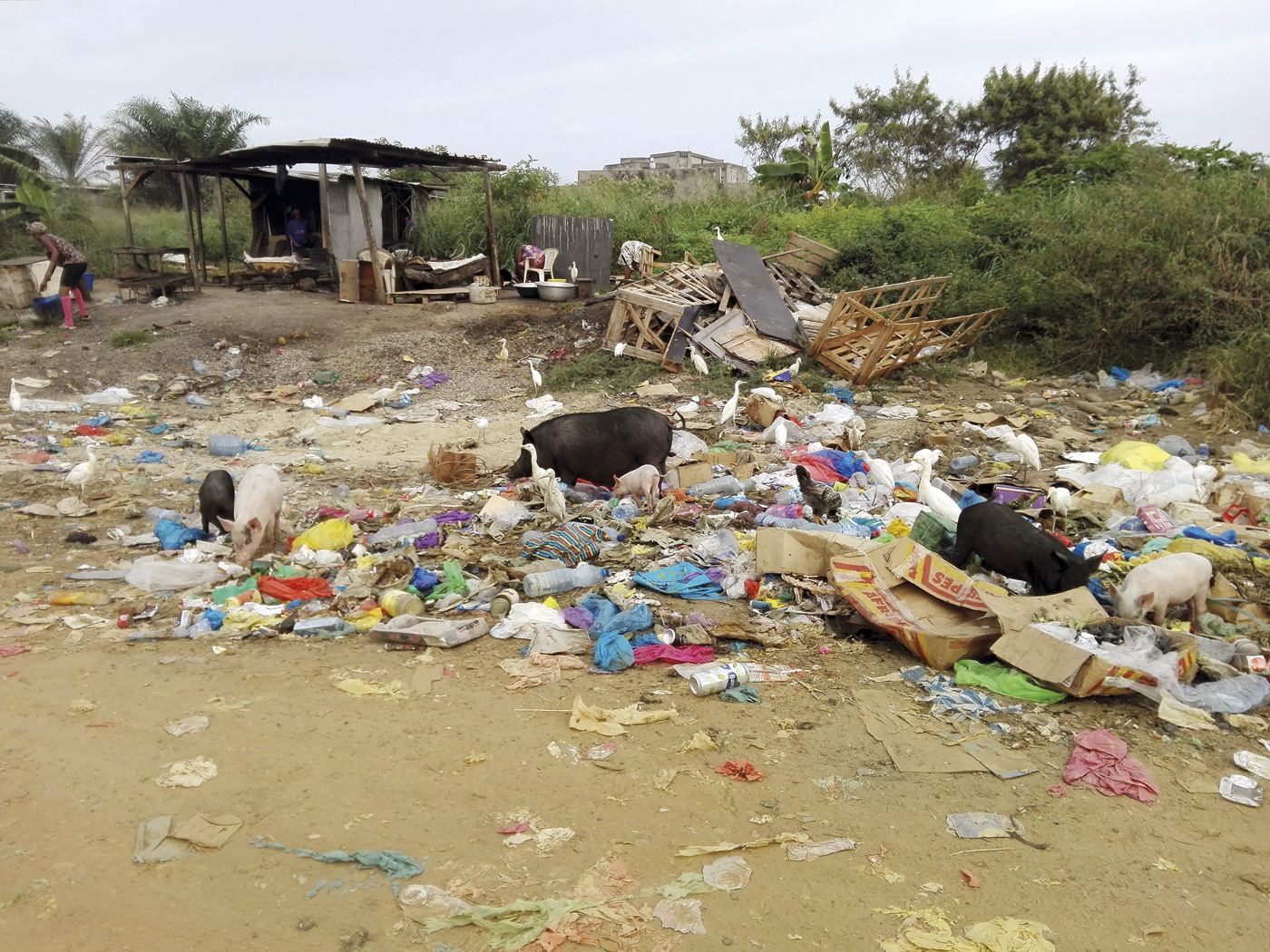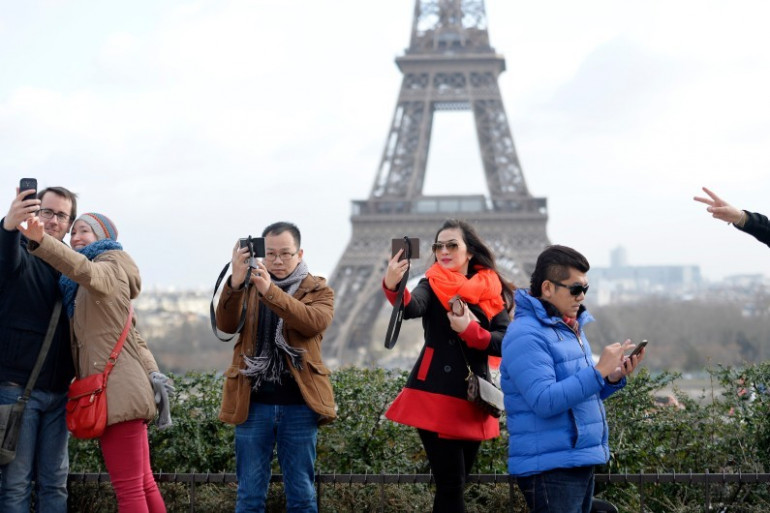"The planet has no problems, we have difficulties to stay alive"
- Climate change and the scarcity of fossil fuels are the causes of many of the problems we have today. Floods, fires, mass migrations of people and supply problems are and will become more frequent. For Rafa Alday, an ecologist and expert entrepreneur, the outcome is the only way.

Fisika Zientzietan lizentziaduna. KEM Kontzientzia Eragozleen Mugimendu antimilitarista eta Lakabe ekimenetako sortzaileetakoa da. Zentral nuklearren aurkako aktibista eta ibilbide luzeko ekologista. Gaur egun Nafarroako Gobernurako ingurumen teknikari gisa ari da lanean.
How did ecological activism come about?As a
young man, I participated in the creation of the CDM and this anti-militarist movement and environmentalism came together to a large extent, particularly as regards the fight against nuclear power stations. In the 1970s in Euskal Herria this claim was widespread and I participated in commissions and mobilizations against the nuclear. He was my best friend of Gladys del Estal and he was killed during Tudela's mobilization. In the trial, I declared it as a witness. This led me to become more involved in this struggle.
I was in the antinuclear group of Armintza. For several months we took non-violent action against Lemoiz's power plant and they responded with tremendous militarization. This experience was very important. In 1980, we created the Lakabe community in order to look for alternatives to today's civilization, and I lived there for 20 years. In 2003, I started working professionally on the environment. I come from the militancy. I've met the two sides of the banner and what I see is that there's a huge disability in both. In the environmental struggle, small victories are sometimes achieved, but today we are clearly seeing where this civilisation leads us. Fortunately, in Euskal Herria, we do not have nuclear power plants, for example, but we do have an absolutely predatory development model.
What has changed environmentalism in the last decades?Those of us who said whether a model
is sustainable or leads us to ruin, before we were environmental movements. Today, however, the International Energy Agency tells us that we cannot go on like this, the International Meteorological Society warns that the concentration of greenhouse gases continues to increase or the United Nations is telling us that we are on red alert for an immense lack of ambition. If we continue to do so, we will not achieve the objective that the temperature will not increase by more than 1.5 or 2 degrees by the end of the century. We have to go faster. That was the main idea that led to the meeting in Glasgow.
Why is the situation so serious?
Because we have to face an unsolvable equation. On the one hand, we have a system that feeds on the continued growth of consumption and production, and on the other, an exhausted planet begins to emit the first signals of alerta.Aunque gas emissions are slowed down or stopped, the concentration of gas in the current atmosphere causes global warming for thousands of years. In addition, we must be clear that fossil fuels are in the process of depletion and that their production is more costly.

"It's a nice speech to say I'm going to promote change without banning anything, but it's not real. The climate emergency was declared in September 2019.”
How can this system be modified?
It's very difficult. It is true that there is good news: everyone has understood in some way that we cannot go on like this. But who will tell the cat the tendency to reorient the system? There's the lame. There are two main trends around climate change: on the one hand, the optimism of the keys, that technology allows us to keep this pace of life, and on the other hand, the one that defends growth because there are not enough resources to continue like this. Reducing consumption and our environmental impact is fundamental.Yo I am in favour of this trend. That is the only way forward and we must look positively, because it allows us to redistribute wealth and return to the closest.
It is curious how in the age of the pandemic people have once again enjoyed what is close to them and not travel to the Bahamas or how we have applauded the efforts of people in the health field, for example. We've seen how close it allows us to deal with a huge impact.
The administration has had the ability to take drastic measures and, at the same time, the citizens have been able to respect the values of proximity. We have tools, but we have to be able to use them.
Another example I often use is tobacco: if we have been able to remove tobacco from public spaces, the authorities should be able to take the necessary measures to eliminate CO2 emissions. It must be borne in mind, however, that there are few companies that are directly related to tobacco and those that are involved in fossil fuels are in all areas. However, the IPCC (Intergovernmental Panel on Climate Change) has warned us that we only have a deadline to change our position until 2030. We come to the summit of oil extraction. From now on there will be less and cuts will come. What happens is that we organize the collapse and the decline or we leave it all the same and whatever can be saved. We have to ask the public administrations to plan for the decline.
The Earth is in no hurry. The planet has no problem moving forward, we have difficulty staying alive.
How can we do it if we are at
consumerism?The consequences of climate change will undoubtedly become increasingly severe in the near future, and social cohesion is the only option to be resilient.
The proof is that it has the capacity to organize societies in the face of disasters, overcoming administrations. It was observed with Hurricane Katrina, or the same in the floods of Tafalla in the year 2019, being above all young people who were able to turn around the town in which it had gathered and crushed. But to do so, it is essential to have strong social cohesion beforehand.
Is renewable energy not a solution?Renewables,
due to materials and power, cannot replace fossil fuels at the speed we need.
74% of the electricity we consume in Navarra is renewable. The problem is that electricity accounts for only 21% of the total energy we consume. In high-temperature industries, substitution is very difficult. And also in machines used in the transport of lorries, boats or aircraft or in agriculture. Hydrogen is what is being proposed now, but it raises many problems and is a new deception. We have previously known other leakages forward, such as biofuels. It's hard. Now we need products that come from afar to live, because we've moved away from local production. We have a sophisticated life and we don't know what's behind all this. After watching an hour Netflix, for example, there are 55 grams of CO2 emissions. Once the waste is deposited in the container, we forget it. It is important to know what is behind the lifecycle of all products and services.
A new culture is needed and there are signs of hope. One example: in the Nordic countries Flygskam or the shame of flying is spreading. It is a movement created in Sweden that encourages people to stop flying in order to avoid the major CO2 emissions associated with this mode of transport. It is not logical that we should spend the weekend in London. The great expert Antonio Turiel set an example: two people live in two cities in Britain. One day they wanted to stay for coffee and the cheapest option was to meet in Málaga. We cannot live in a system that does not punish such behaviour.
"In Navarra we have interesting alternative experiences: Bioconstruction, Plant, We Are Energy, Goiener, Traperos de Emmaus, Lakabe, Zorokiain, Orain, farmers and livestock workers who work in the ecological..."
Has COVID-19 been a kind of warning or lesson?
Yes. There is a clear link between the destruction of biodiversity and the spread of viral diseases. It is another alarm that has given us naturaleza.Las floods or fires are other signs. For the time being, it is being released, but there may be unspeakable fires in the same place.
The future is hard, but we must keep it and in the most optimistic way possible. We need to create new utopias based on upcoming scenarios and on the values we have, as did the young people of Tafalla, at the same time as in tune with the administrations.
Strong leadership is needed and the authorities feel vertigo because very tough decisions have to be made. That is why the contribution of activists such as Greta Thunberg is very positive. It's a symbol. In Navarre, for example, we already have many interesting alternative experiences going on. The challenge is to generalize these experiences.
For example?
Bioconstruction, Plant, We Are Energy, Goiener, Traperos de Emmaus, Lakabe, Zorokiain, Orain, farmers and livestock workers who work in the ecological... In the Pamplona Municipal Children's Schools, food is required to be organic and zero kilometers, which is very important because its carbon footprint is much lower. It is an exemplary option for other administrations and organic producers. If this experience has gone well, why not open it to hospitals and all dining services contracted by the administration?
We know that it is a malicious system and that the authorities are dependent on companies. How many years has it cost the European Union to say that mobile phone chargers systems need to be unified? It is clear that this has been nothing more than a business to raise money and yet it has been difficult to make the decision. But that is the way, and decisions must be taken firmly. At first, in a first phase, new ways of acting must be promoted. People must be invited to change habits, but then obligations must be imposed. The urgency will lead us to have a short promotional period, and certain modes of production will have to be made immediately compulsory.
It's a good speech to say that I'm going to push change without banning anything, but it's not real. The climate emergency was declared in September 2019 and something needs to be done with firm strides.
Are you filling in the Navarre roadmap?There are things that
are being done correctly, but the indicators say that in general we are not doing very well. By 2020, a 20% reduction in GHG emissions was envisaged. The 2019 data is already in our hands, it will soon be made public and it is not the expected data. By 2030 we would need a reduction of 45% from the 2005 figures, and we are a long way away.
.jpg)
"In Navarre we would need a 45% reduction from the 2005 figures by 2030, and we are a long way away"
What are we doing best?The
construction sector is doing the best domestic work to reduce emissions. The plan for the rehabilitation of Navarros' homes is a pioneer at the state level. It is clear that in new buildings we must use other kinds of materials to be more efficient and reduce their carbon footprint. In the last ten or twenty years in Navarre very large buildings have been built without regard to energy consumption: The Central Library, the City of Music, the seat of the Parliament of Navarre, the Provincial Audience… Now you cannot throw away to do others, but you are playing very seriously in which you are pending. The laws are getting stricter, but the problem is that we're not going to get there on time. This is because there are sectors that are more difficult to change, such as industry and transport, which are also growing at a dizzying rate. Today, it's cheaper to bring things from outside than to produce, and that makes us absolutely dependent.
The idea that is conveyed in the media is that selling abroad is very good for the economy, but we must challenge those principles and encourage more local consumption.
There's a lot of talk about what you can do to deal with climate change, but you have to be one of the most responsible. Radical changes must be made by those who derive multi-million dollar profits from cheap energy and labour.
Many people do not know clearly how serious the situation is. Lack of communication?
Yes, but you have to impact on the positive, because they give you the idea of where the future is going. For example, in France and the United Kingdom, citizen assemblies have been set up by law to combat the consequences of climate change. These members have been chosen by lot, paid and advised to take appropriate action. And they've taken some very interesting steps. In France, for example, flights between nearby cities have been banned. This association has now become an assembly, has taken over and is organizing demonstrations. It has been very positive because administrations and citizens have approached each other.
In the United Kingdom, for example, there was recognition of the need to expand information so that people could know the reality in order to mobilise it. Along with this, decisions were taken such as banning off-road cars in cities or raising taxes. This shows how much can be done within the system to reduce consumption and establish a new green taxation, using the powers of the public administration.
There was no one or all. That we all suffer at least if the necessary changes are not made so that no one suffers the climate emergency. You – reader – I – Jenofá-, they – poor – and they – rich. The fires in Los Angeles did not give me satisfaction, but a sense of... [+]









_Glaciar.png)

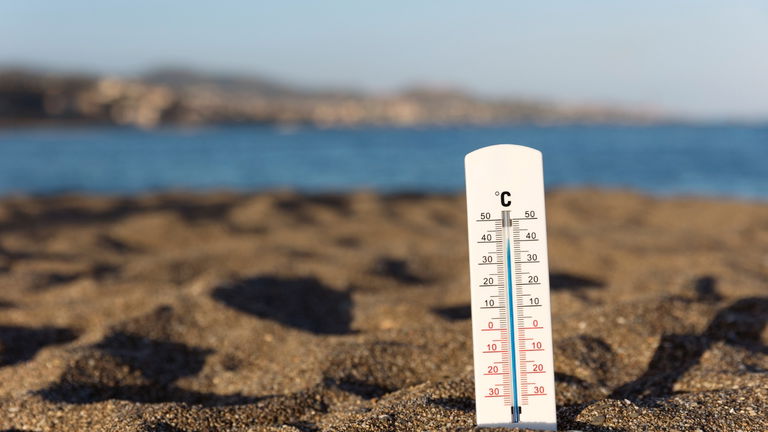
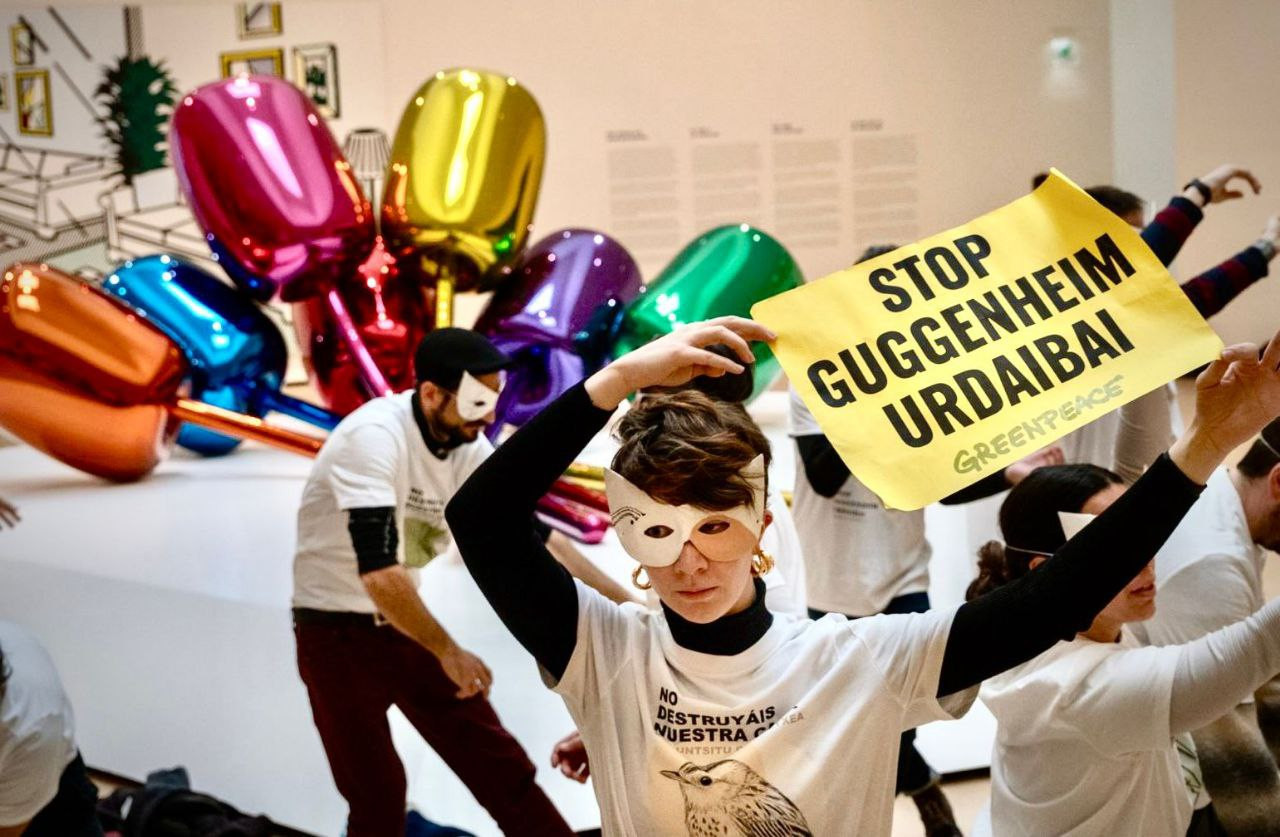

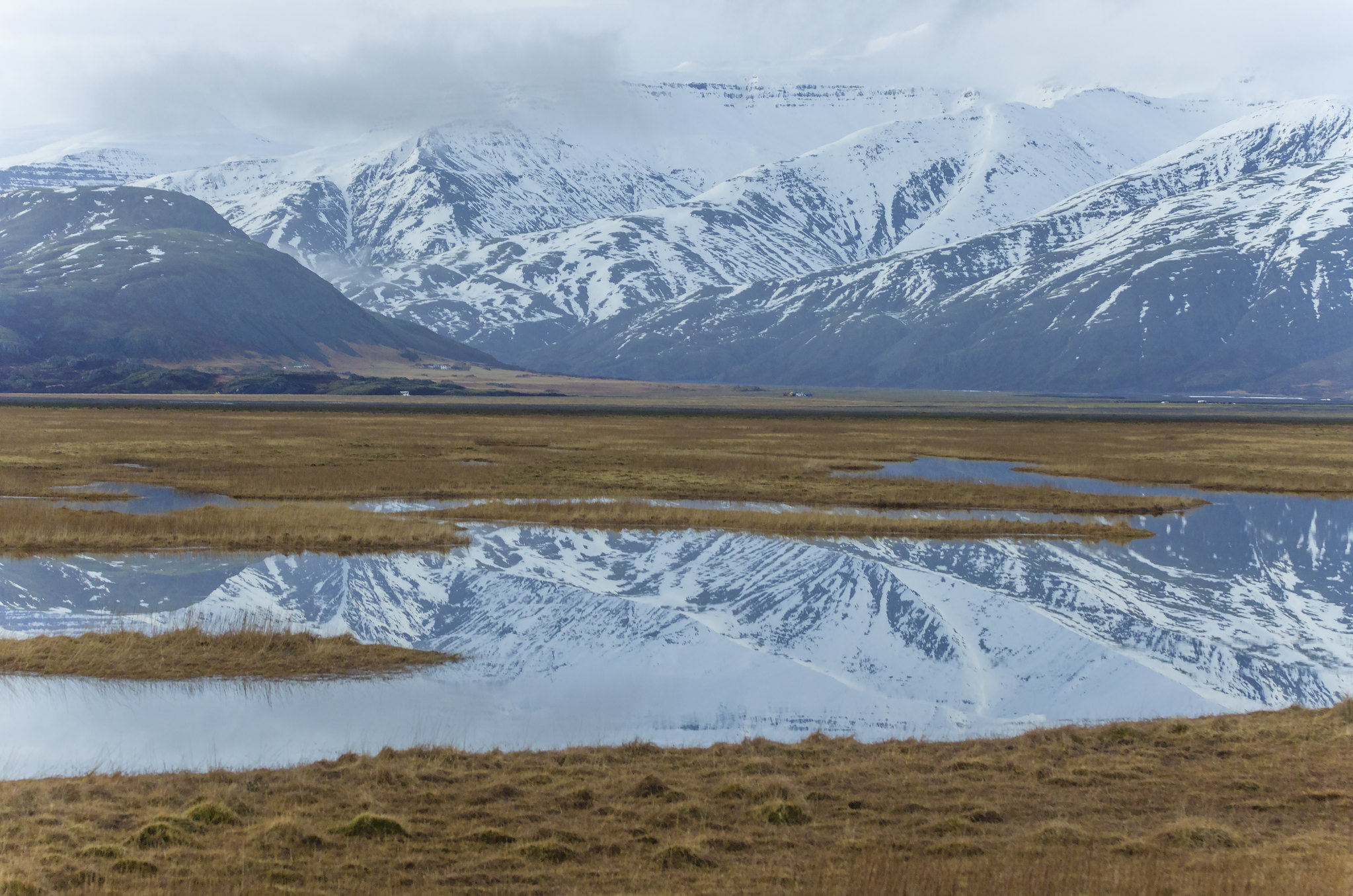
-(1).jpg)
